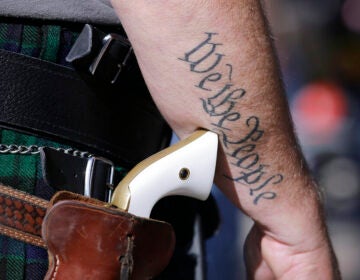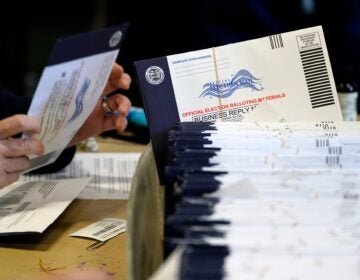Why an unsigned per curiam opinion from Pennsylvania Supreme Court on Voter ID law?
The decision of the Pennsylvania Supreme Court on the state’s controversial Voter ID law has been much anticipated. So it was disappointing to see the high court punt on the issue and remand the case back to Commonwealth Court which had upheld the law relying on testimony of state officials that it could be implemented by the November 6 election without disenfranchising eligible citizen voters. And it was especially disappointing to see the high court do so by an unsigned per curiam opinion.
In that unsigned opinion, the Supreme Court stated its dissatisfaction “with a mere predictive judgment based primarily on the assurances of government officials”. It directed the Commonwealth Court “to consider whether the procedures being used for deployment of the cards comport with the requirement of liberal access which the General Assembly attached to the issuance of PennDOT identification cards. If they do not, or if the Commonwealth Court is not still convinced in its predictive judgment that there will be no voter disenfranchisement arising out of the Commonwealth’s implementation of a voter identification requirement for purposes of the upcoming election, that court is obliged to enter a preliminary injunction.”
Why was the court’s decision made per curiam, which is Latin for “by the court”? Usually Supreme Court opinions are signed, so everyone knows which justice wrote the opinion. Per curiam opinions occur most often in cases where the court finds the issues non-controversial, which is certainly not the case with the Voter ID law.
The most glaring example of a per curiam opinion issuing in a controversial case was the U.S. Supreme Court’s decision in Bush v. Gore deciding the year 2000 presidential election. Perhaps in that case no justice was willing to sign a hasty and imperfect decision sure to be criticized. And perhaps that’s the same reason no justice of the Pennsylvania Supreme Court was willing to sign its Voter ID opinion remanding the case back to the lower court.
Kudos to Pennsylvania Supreme Court justices Debra Todd and Seamus McCaffery who issued clear and impassioned dissenting statements, which they signed.
Justice Todd found that, “the lower court indeed abused its discretion in failing to find that irreparable harm of constitutional magnitude — the disenfranchisement of a substantial number of eligible, qualified, registered voters, many of whom have been proudly voting for decades — was likely to occur based on the present structure, timing, and implementation of” the Pennsylvania Voter ID law.
Justice McCaffery stated that, “I cannot in good conscience participate in a decision that so clearly has the effect of allowing politics to trump the solemn oath that I swore to uphold our Constitution. That Constitution has made the right to vote a right verging on the sacred, and that right should never be trampled by partisan politics.”
WHYY is your source for fact-based, in-depth journalism and information. As a nonprofit organization, we rely on financial support from readers like you. Please give today.




